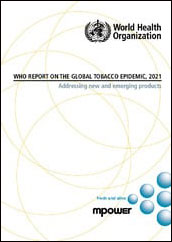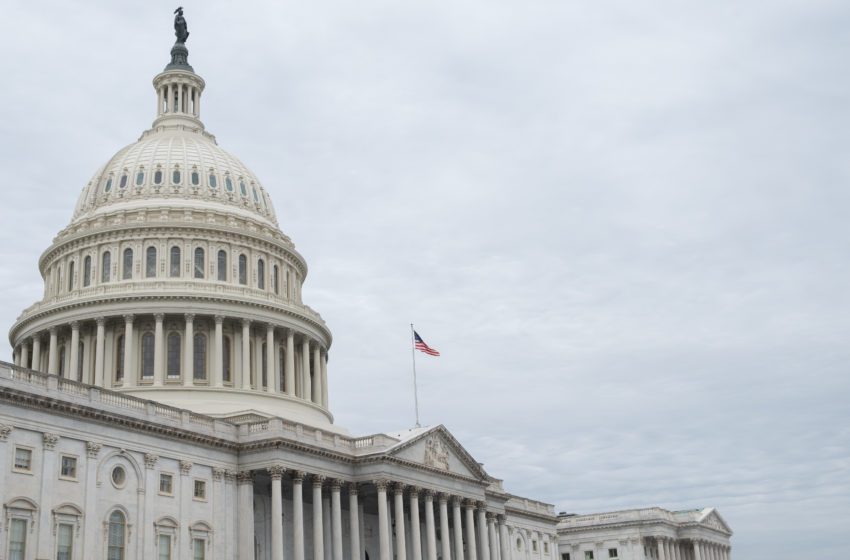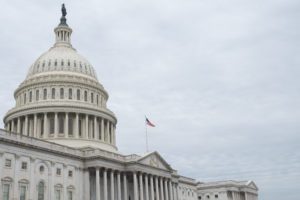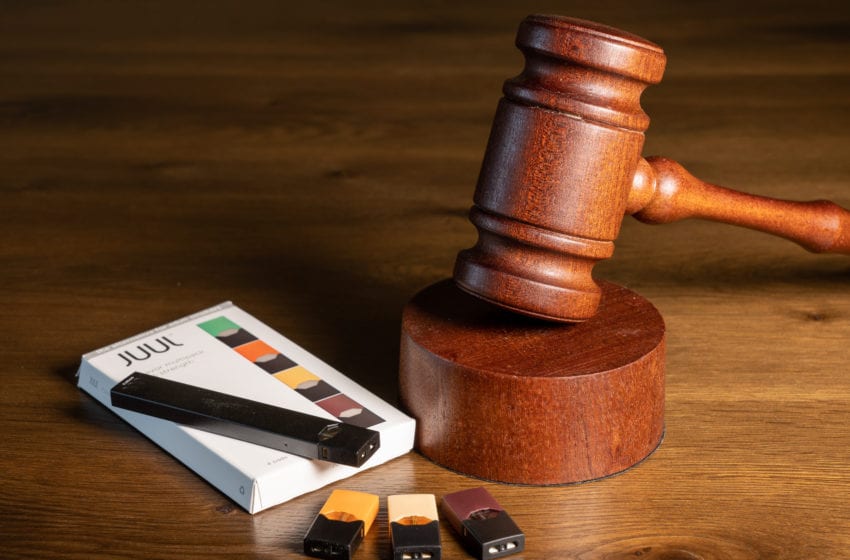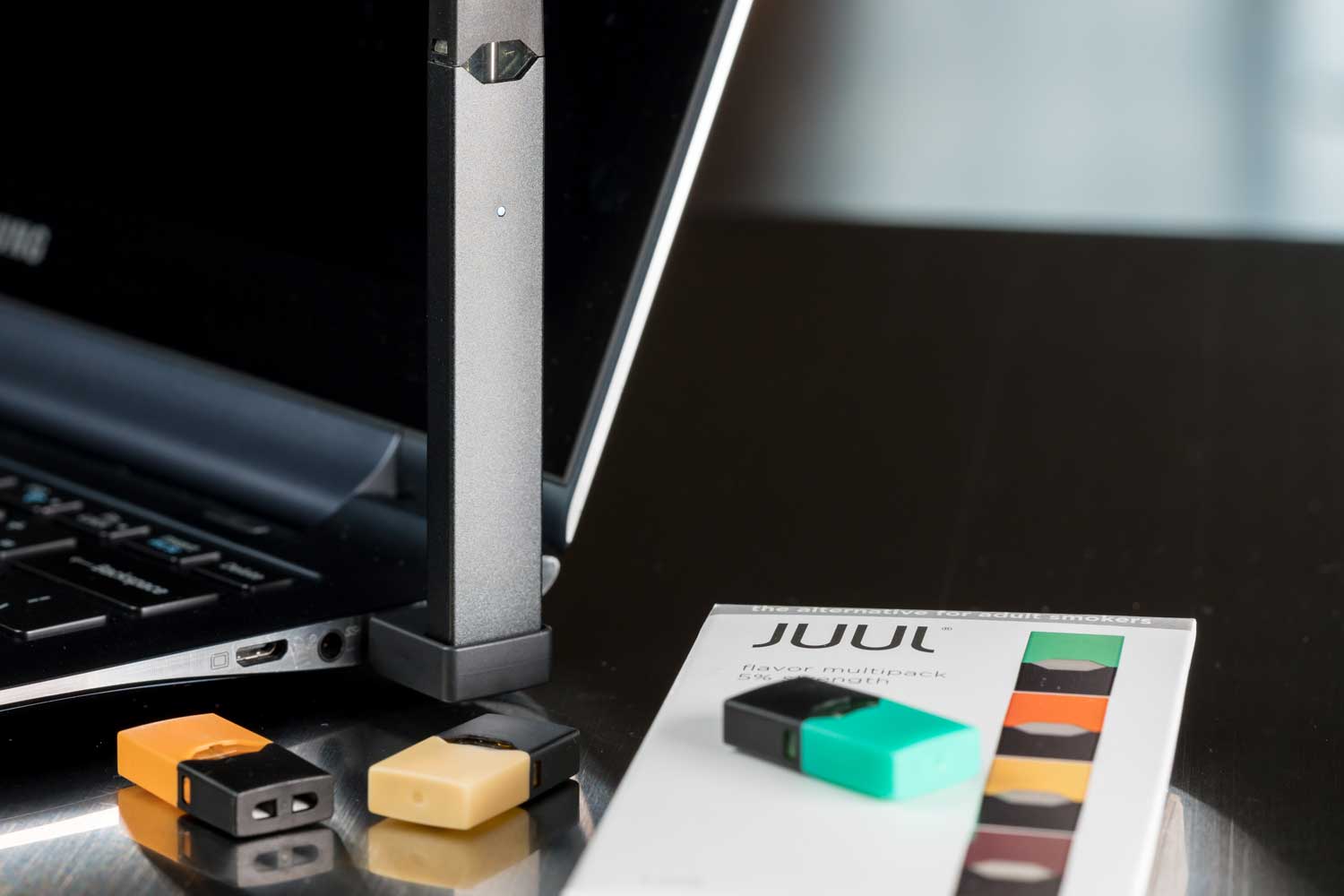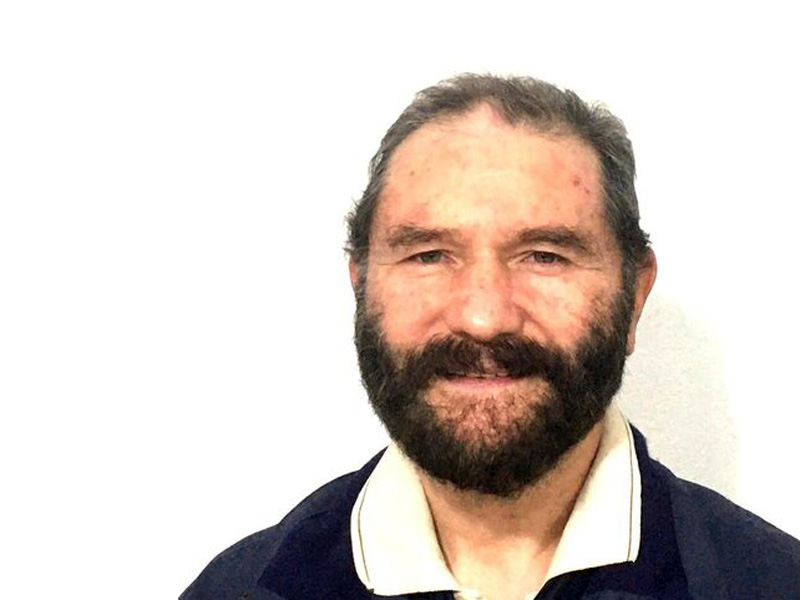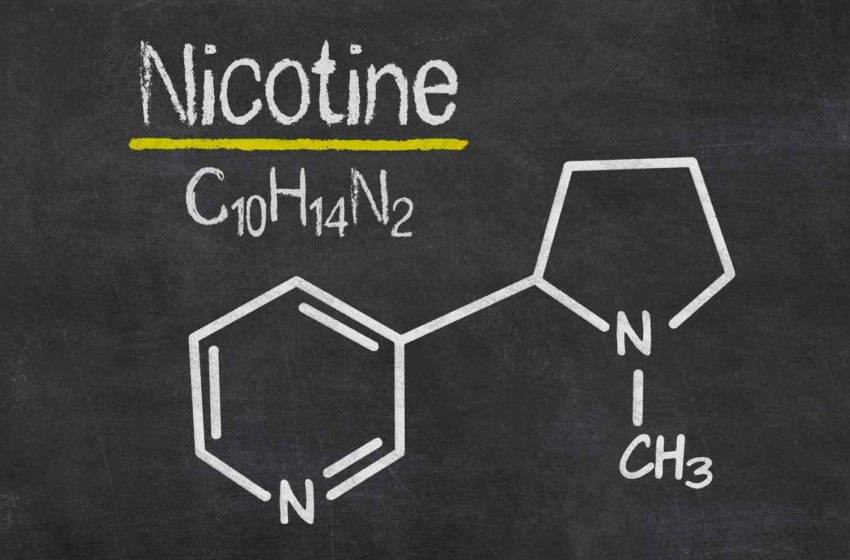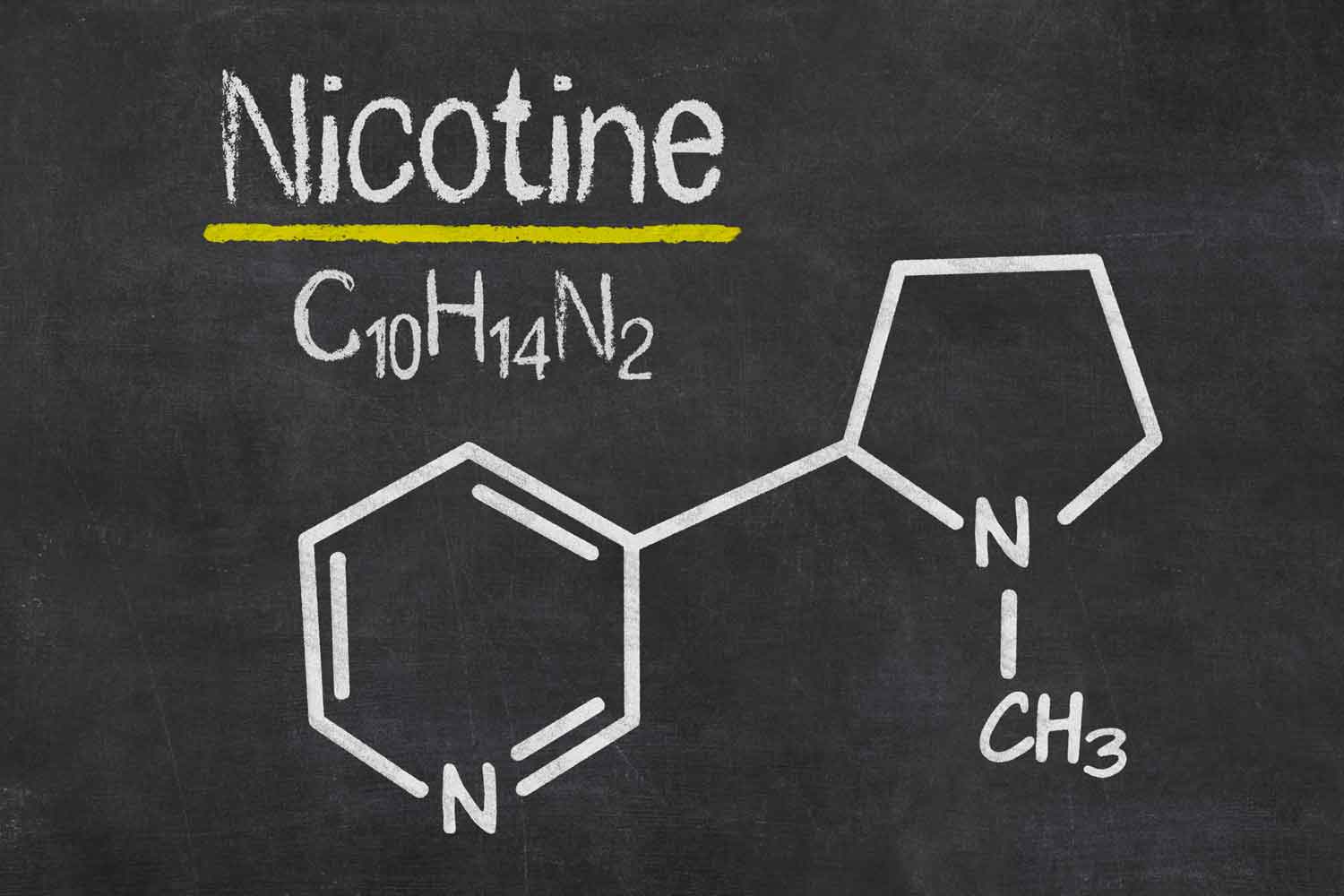While progress has been made in the fight against tobacco use, the marketing of e-cigarettes toward young people could have harmful health outcomes going forward, according to World Health Organization Director-General Tedros Adhanom Ghebreyesus.
Ghebreyesus gave the warning in a statement along with the release of the “WHO report on the global tobacco epidemic 2021,” the eighth study from the United Nations public health agency measuring progress on efforts to curb the sale of tobacco and nicotine products worldwide.
While the report found that more than four times as many people are covered under WHO-recommended tobacco control measures than in 2007, it expressed concern that children who use “electronic nicotine delivery systems, such as e-cigarettes, are “up to three times more likely to use tobacco products in the future.”
“Nicotine is highly addictive. Electronic nicotine delivery systems are harmful, and must be better regulated,” Tedros said.
He went on to argue that in places where e-cigarettes are not banned, “governments should adopt appropriate policies to protect their populations from the harms of electronic nicotine delivery systems, and to prevent their uptake by children, adolescents and other vulnerable groups.”
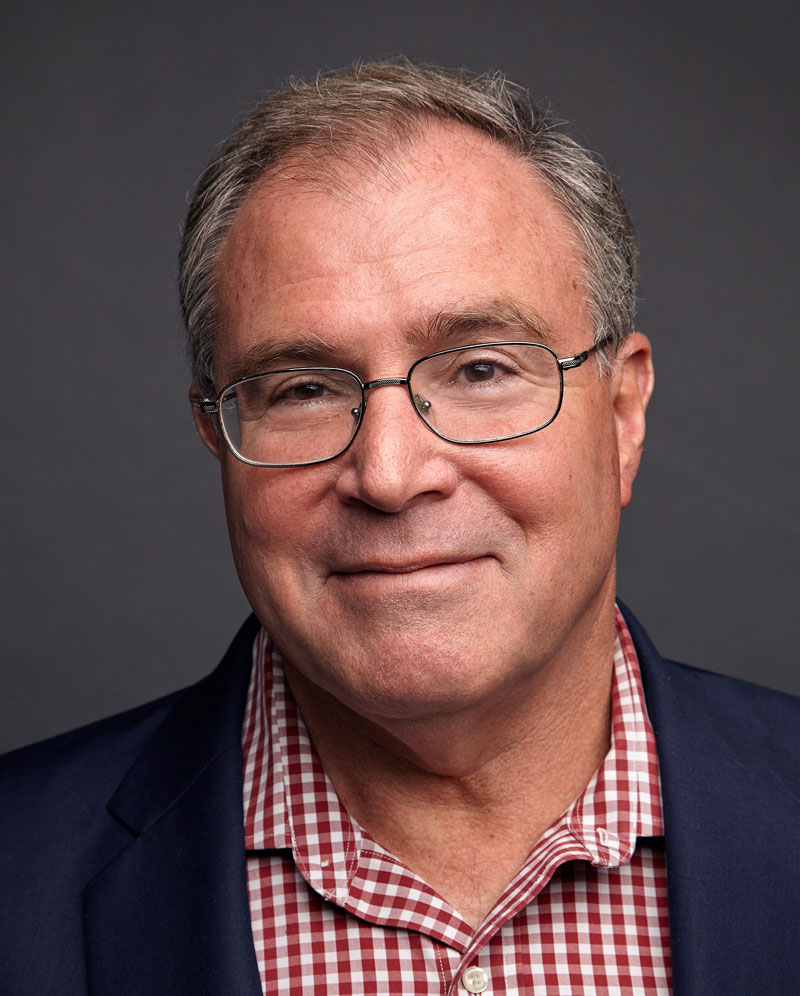
Over 100 million ex-smokers use reduced-risk products and the WHO should be taking advantage of massive investment in the sector by encouraging governments to provide an incentivized regulatory framework to enable greater expansion.
Derek Yach, president, Foundation for a Smoke-Free World
Tobacco harm reduction advocates and vaping industry representatives denounced the WHO report as “nonsensical and dangerous.”
“The WHO has a long-standing anti-vaping stance and this latest attack on a sector that is literally saving millions of lives worldwide flies in the face of scientific evidence, common sense and harm reduction,” said John Dunne, director general of the U.K. Vaping Industry Association (UKVIA) in a statement.
“This report demonstrates that, sadly, the WHO still doesn’t understand the fundamental difference between addiction to tobacco smoking, which kills millions of people every year, and addiction to nicotine, which doesn’t,” said John Britton, professor of epidemiology at University of Nottingham.
“The WHO is also evidently still content with the hypocrisy of adopting a position which recommends the use of medicinal nicotine products to treat addiction to smoking, but advocates prohibition of consumer nicotine products which do the same thing, but better.”
Derek Yach, president of the Foundation for a Smoke-Free World, said the WHO’s comments were “fundamentally flawed.” “The exceptional growth of next generation devices offers the WHO a real opportunity to tackle combustible consumption once and for all,” he said.
“Over 100 million ex-smokers use reduced-risk products and the WHO should be taking advantage of massive investment in the sector by encouraging governments to provide an incentivized regulatory framework to enable greater expansion.”
David Jones MP, who sits on the U.K. All Party Parliamentary Group for Smoking and Health, described the WHO’s opposition to all smoking alternatives, not just vaping, as “bizarre.”
“Our advice remains that people who smoke are better to switch completely to vaping,” he said. “That opinion, however, is not shared by the WHO, which has long pursued an almost pathological campaign against e-cigarettes.”


